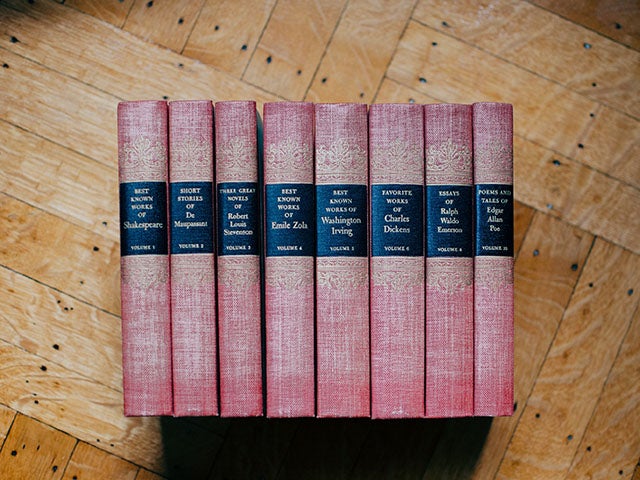2025 Summer Session A
6 weeks, May 27 - July 3
#11869
Reading and Composition
Sportswriting
Ryan William Lackey
May 27, 2025 - Jul 03, 2025
Tu, We, Th
02:00 pm - 04:29 pm
Open Seats
2 Unreserved Seats

Engaging with sports is a fundamentally aesthetic enterprise. Like theater or dance, sports are performative, embodied. Like novels or films, sports produce narrative structures—in fact, much of our attachments to sports, I would argue, is grounded in those narratives. Like painting or the plastic arts, sports generate crystallizations: particular moments, spatial arrangements of time. And like contemporary life in general, sports provide the beginning of so much discourse: talking and tweeting and writing.
In this course, we’ll think about sportswriting as an inclusive genre of writing and aesthetic habitus. Writing about sports certainly counts as sportswriting: novels, essays, journalism, poems. Likewise the writing done by athletes, which is often and unusually bad, but for interesting reasons. Also writing that might not, at first, appear to be about sports at all, but which has been structurally, formally, or otherwise influenced by sports.
This means that, over the course of the term, we will do sportswriting, and we’ll also write about sportswriting (to appreciate, critique, contextualize it), and we’ll write alongside sportswriting (as we examine the particular political, cultural, aesthetic, and personal contexts that give it meaning, that help establish what these texts are and what they mean and what they do).
Likewise, our definitions of both sports and writing will be generous and amoebic. If something strikes you as a sport, it probably is—and if you want it to be a sport for the purposes of a piece of writing, then the writing itself can make it so. Chess, yoga, debate, speedrunning Super Mario Bros—these might all qualify. Similarly, we’ll read novels and short stories and poems; we’ll watch films, we’ll scrutinize journalism and essays and memoir. But we might also take a look at video essays, tweets, photography, painting—maybe even a TikTok.
Because ours is an R&C course, it’s meant to offer you a set of tools—a metaphor you’ll probably hear a lot that really means you’re going to learn ways, methods, and techniques of thinking and writing. Literally: carpenters (I assume) learn various ways to plane and cut wood. A more germane example: a midfielder must master both the basic techniques (the first touch, the pass, the volley) and also develop a style (N’golo Kante and Luka Modric do not play the same way, despite the fact that they’re both midfielders.) I’d like us to do both: to become more proficient writers, to get the basic steps down, and also construct a sense of our own voices, a way of writing, a signature. To these ends, we’ll practice ways to approach close and critical reading, rhetorical analysis, academic and argumentative writing.
Importantly, good writing does not occur when a prefabricated form has been mastered, when a set of repeatable moves have been memorized. Good writing, solid essays, strong voice, creative argumentation—all these come about through experimentation, failure, collaboration, a willingness to feel and stumble around inside the process of writing. For this reason, this course prioritizes the development of your writing practice, in the sense of any creative, vocational, spiritual, or otherwise serious and expressive practice.
We’ll approach writing holistically: as an academic skill, yes, but also a method of self-expression, a practice to hone, and a way of better understanding the problems and artworks we care about. Our writing will be agile; it will reach various audiences. We will combine academic curiosity, intellectual rigor, cultural affinity, personal history, and aesthetic deftness. In other words: we’ll learn to write well by becoming writers.
Over our term together, we’ll build towards a final research-intensive essay, which is true of all R1B courses. As we approach that assignment, we’ll complete smaller acts of writing that will prepare us. Significantly, grading in this course reflects the importance of writing as a diachronic process, with a dedication to revision, rethinking, and reconsideration. The work of an essay (or any other form!) begins well before you sit down and open a blank document. It begins in exploration and reflection and discussion and smaller acts of writing. We’ll move through these steps together.
The writing we do will always have a purpose. Your writing and thinking matter, and we’ll treat it, as such, seriously.










